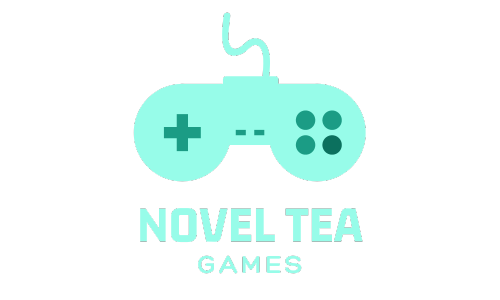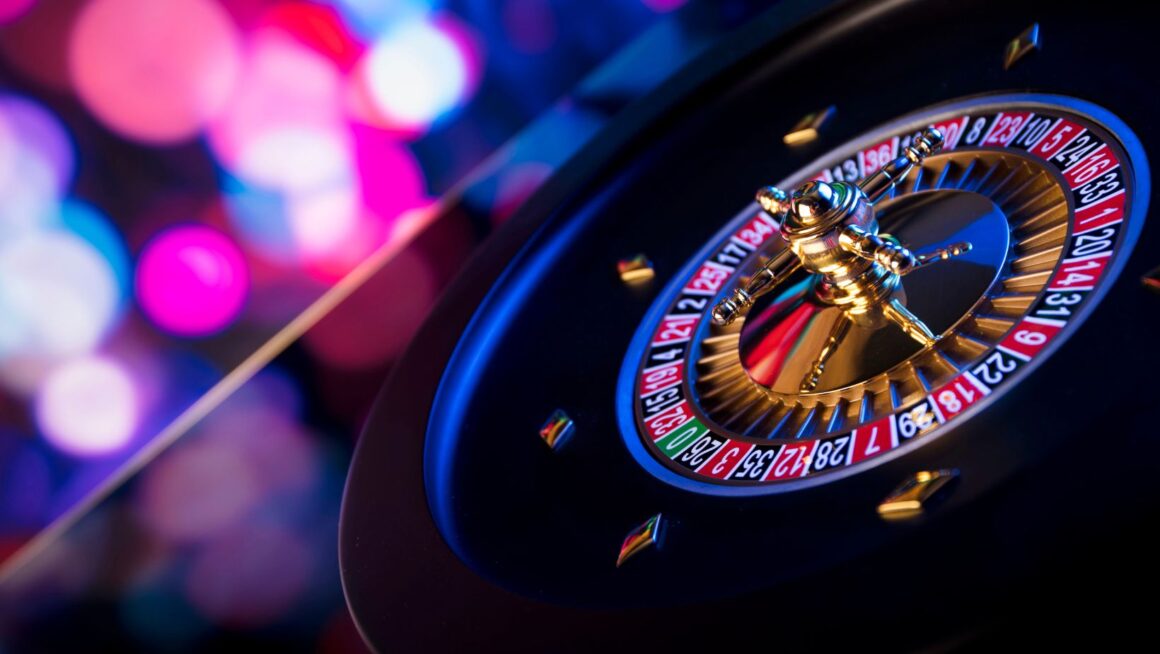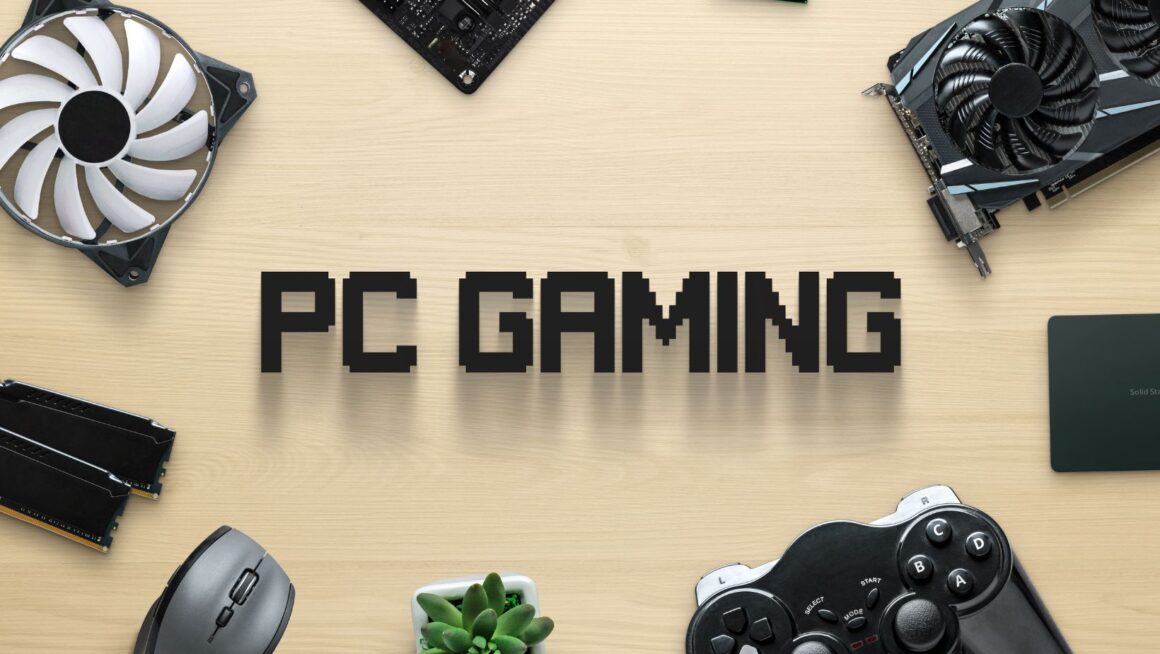From a first dance to making a memorable movie scene, music is extremely important to human experiences. Rather unsurprisingly, it also plays a big role in creating a bustling casino environment, helping it alter our actions and foster an ambiance.
The Psychology of Music in Gambling Environments
It makes sense to predict that the type of music we hear may have some influence over how we bet. After all, many of us bet with our emotions, gut feeling, and improvisation. How we feel impacts how we act. And, when there’s money involved, it’s something that’s worth exploring.
A study found some interesting relationships between gambling behaviour and music. Studying 101 students, it found that low-tempo music resulted in greater gambling persistence, in that they bet for a longer period of time. This makes more sense when looking at what high-tempo music did, which was to increase the intensity of the gambling behaviour and speed up reaction times per bet.
Little research has been done in this area, though there is some well-established theory behind it. For example, “audio landscaping” is used to bring out certain emotions and engage players. The same music theory is used by event planners, and a lot of it comes down to tempo, volume, and genre. Casinos, like those explored in this Rickycasino review, often integrate these elements into their environments, enhancing the overall experience for players. By creating spaces where music and design come together, these casinos aim to foster an atmosphere that keeps players both entertained and immersed in the gaming experience.
Tempo, Volume, and Genre
Tempo is perhaps the most influential part of music, as our heartbeats correlate with the beats per minute of a tune. It’s possible that we may act more instinctively when caught up in exciting, fast music.
In a physical casino, we may have music that is less about emotions and more about atmosphere and appropriateness. For example, near the bar area there might be upbeat pop music, while the VIP area may have quiet jazz that oozes luxury, appealing to high-rollers.
Volume is also important. Loud music may seem like something to do in a social setting, but too loud and it becomes anti-social and isolating. This may lead to more betting because customers cannot talk as easily, meaning they’re more engaged with the activity, but this may not last long.

Generally a quieter approach is taken to encourage more chatting. After all, talking to the dealer and sharing the experience with others around the table is a big part of the experience. Online players have full control over their volume, and it’s also possible to talk to the dealer when playing online. So, volume is also a consideration for online casinos.
All in all, as any great DJ will say, it’s about reading the room. Australian casinos can alter the style, volume, and tempo of music across a day, judging by things like energy levels and demographics. There are some beliefs that music helps people track time better, as it’s something to anchor our experience to. Therefore, music doesn’t want to be front and center of the casino experience, but instead an invisible supplement.
Personalised Approach
Online casinos have a unique advantage over physical casinos when it comes to setting the mood through music. Unlike in physical spaces, where the atmosphere and sounds are usually standardized, online casinos can tailor the music experience to individual players. By using data, they can offer personalized soundtracks that suit the player’s preferences or even test different music tracks to see which ones keep users engaged the longest. The right background music can help create a more immersive experience, whether it’s upbeat tunes to pump up the excitement or soothing sounds to help players relax. This level of customization is something physical casinos can’t easily achieve, giving online platforms an edge when it comes to player engagement.
If you want to experience this personalized approach yourself, you can log in to Ozwin Casino login and enjoy not just a variety of games but also a tailored atmosphere to match your preferences.
In reality, music improves the overall experience for players who may welcome elevated emotions and excitement from a great thumping soundtrack. AI could play a role here in finding intricate patterns. Though, if seen to be too influential, it could become controversial in a similar way that Fortnite’s psychological approach to its game design was.

Fortunately for casinos, they can argue that while fast tempo certainly does speed up the bets, some research shows it doesn’t influence the stakes or how much is spent overall. Therefore, it can affect mood and behvaiour, but not necessarily make people act against their own self-interest.
Online casinos also have the ability to let users choose their soundtrack. This could be something to further explore, as tastes do differ, and it’s very possible to cater to the experience in a more personalised way. For example, an Egyptian slot game could have two tracks to choose from, both of which are relevant to the experience but differ in tempo and style.
Final Word
Music is a powerful tool for Australian casinos to improve the experience of the punters. However, there’s a lot of room to go wrong and it’s difficult to cater to all tastes. Casino operators may want to be more experimental on the digital platforms because feedback is more direct and clear, but also because users are in charge of the volume dial.



